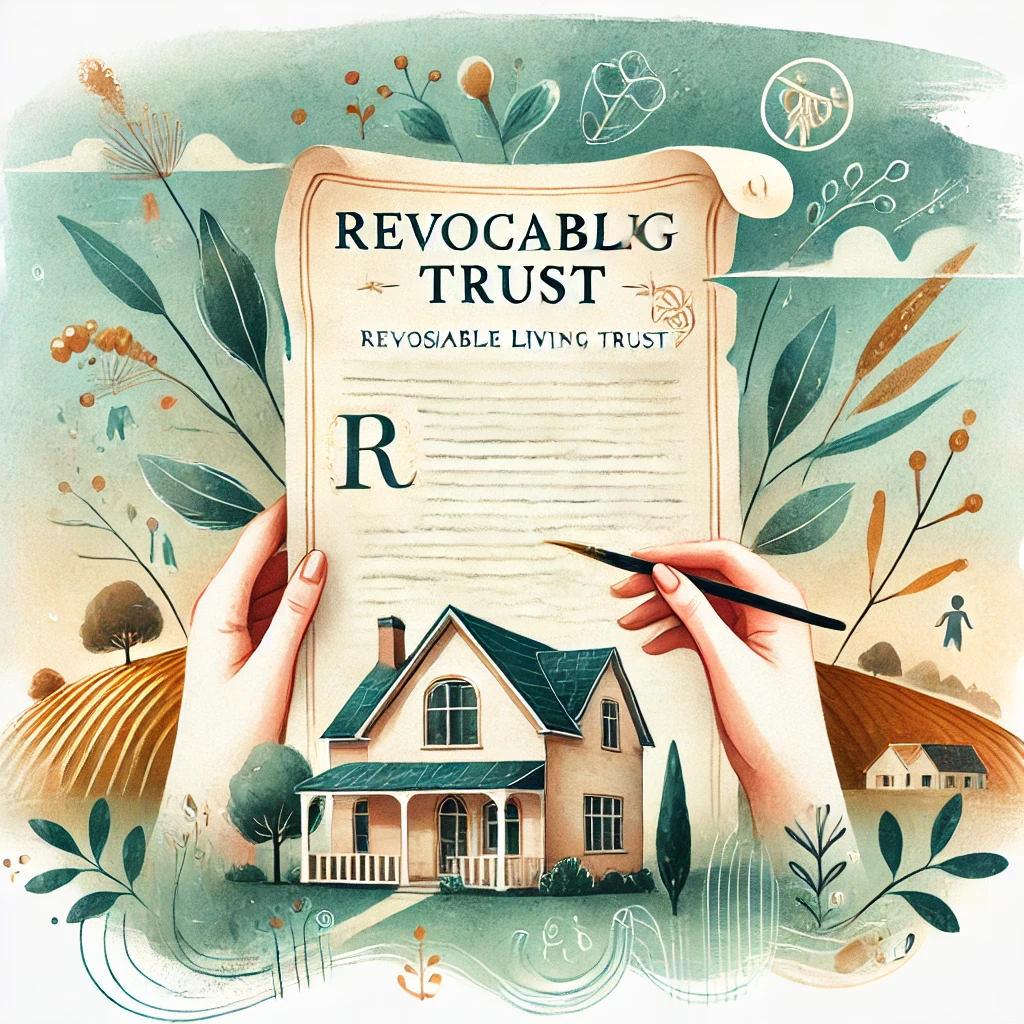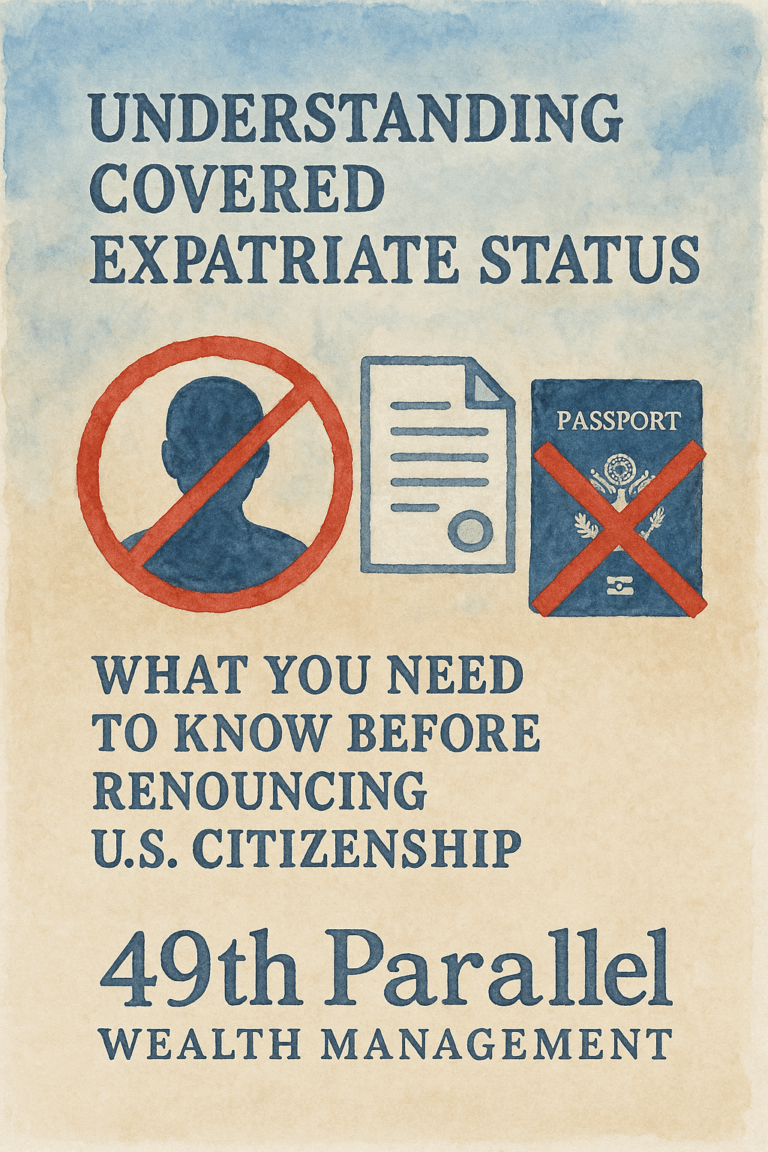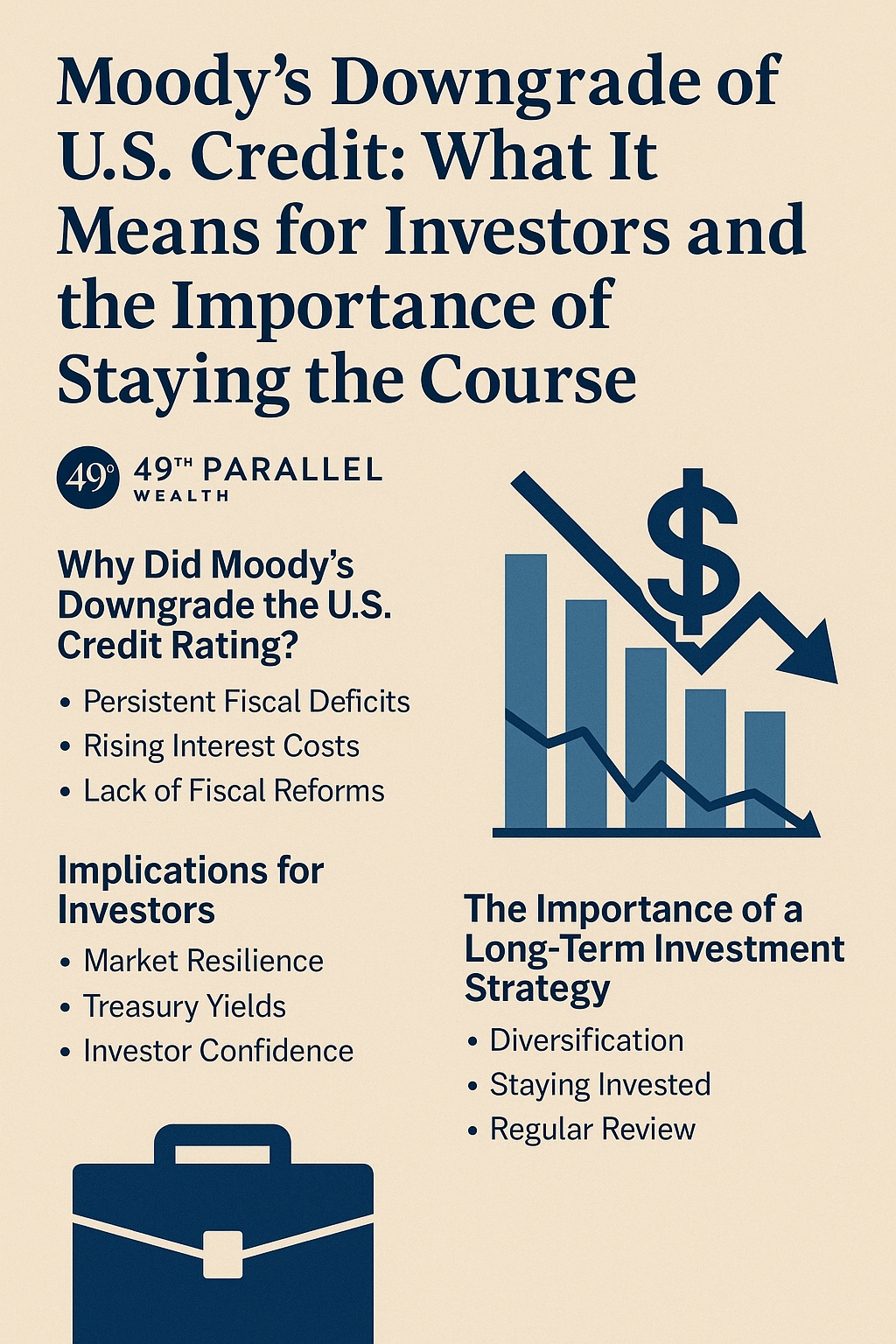Why U.S. Revocable Living Trust Fails in Canada
A U.S. revocable living trust is a popular estate planning tool used by many Americans. It helps avoid probate, manage assets during incapacity, and make the transfer of wealth smoother after death. However, if you are a U.S. citizen living in Canada or planning to move there, this type of trust may not work the way you expect. In fact, it could cause serious tax problems and legal issues in Canada.
Canada does not recognize revocable living trusts in the same way the U.S. does. The Canadian tax system treats these trusts differently, which may result in unexpected taxes, double taxation, or even penalties. What works well in the U.S. may fail in Canada because the laws and rules around trusts and estates are not the same.
Many people don’t realize this until it’s too late. If you have cross-border ties—like dual citizenship, property in both countries, or family living in Canada—it’s important to understand these risks. You need to work with a financial planner or cross-border advisor who understands both U.S. and Canadian rules.
This article will explain why U.S. revocable living trust fails in Canada, and what steps you can take to protect your assets.
 alt="Why Your U.S. Revocable Living Trust Fails In Canada" width="1024" height="1024" />
alt="Why Your U.S. Revocable Living Trust Fails In Canada" width="1024" height="1024" />If you’re planning a move from the U.S. to Canada and have a revocable living trust (RLT) in place, it’s time to hit pause on your estate plan. While RLTs are a cornerstone of estate planning in the U.S., they don’t translate well north of the 49th Parallel. Here’s why, and what you can do about it.
1. Revocable Living Trusts Don’t Exist in Canada
One major reason why U.S. revocable living trust fails in Canada is that these trusts simply don’t exist under Canadian law. In the U.S., a revocable living trust (RLT) is a popular estate planning tool. It helps avoid probate and lets you manage your assets while you’re alive. But in Canada, things are very different.
Canada treats all trusts as separate legal entities. These trusts must file their own annual tax returns using Form T3. So, if you move to Canada and bring your U.S. revocable living trust with you, the Canadian government may treat it like a Canadian trust. That means new tax rules apply, and you could have extra tax filing duties you didn’t expect.
You might be wondering, “It’s a U.S. trust—why would Canada care?” That’s a common question, but Canada looks at where the trust is controlled and who manages it. If you live in Canada, they may see it as a Canadian trust, even if it was created in the U.S.
This is just one reason why U.S. revocable living trust fails in Canada. Let’s look at the next reason.
 alt="" />
alt="" />
Sure! Here’s the rewritten version using simple language and SEO-optimized with the keyword “why U.S. revocable living trust fails in Canada”:
Don’t Go It Alone
Understanding why U.S. revocable living trust fails in Canada is just the beginning. Cross-border estate planning is complex, and no two situations are the same. While your revocable living trust (RLT) may have worked well in the U.S., it could create tax problems in Canada if it’s not managed correctly.
Don’t let an outdated estate plan cause stress or unexpected taxes when you move to Canada. At 49th Parallel Wealth Management, we help individuals and families handle the challenges of moving their financial lives across the U.S.-Canada border. We’ll review your trust, adjust your estate plan, and guide you through every step to make sure your move is smooth and your plan stays strong.
Whether it’s retirement, tax planning, or estate strategy, we are experts in cross-border financial planning. We understand the key reasons why U.S. revocable living trust fails in Canada, and we know how to fix them. From the sunny Southwest to the Canadian North, we’re your trusted partner in cross-border retirement planning. Let us help you build a plan that works on both sides of the border.



